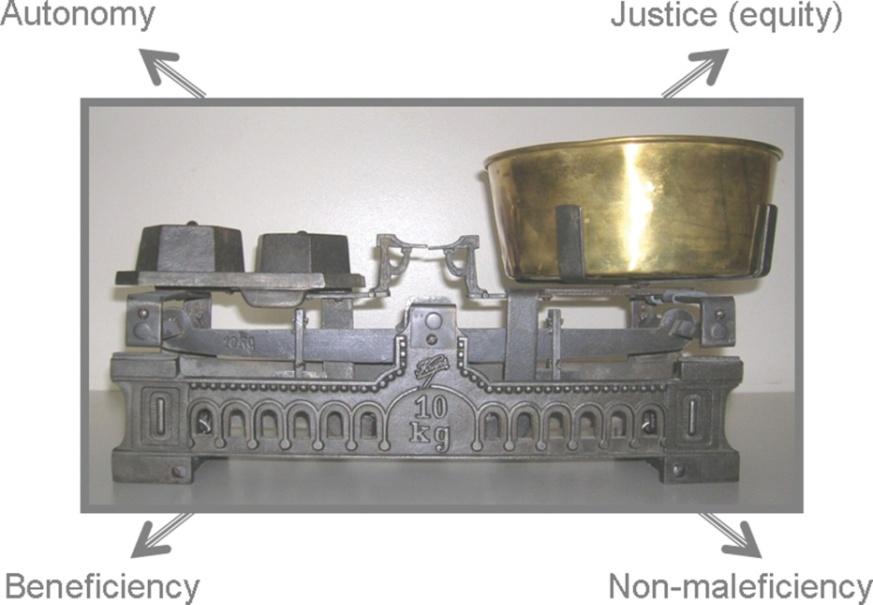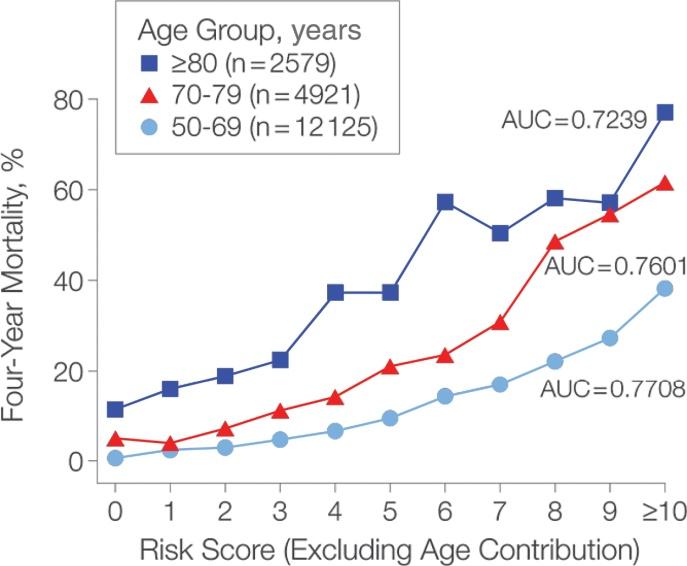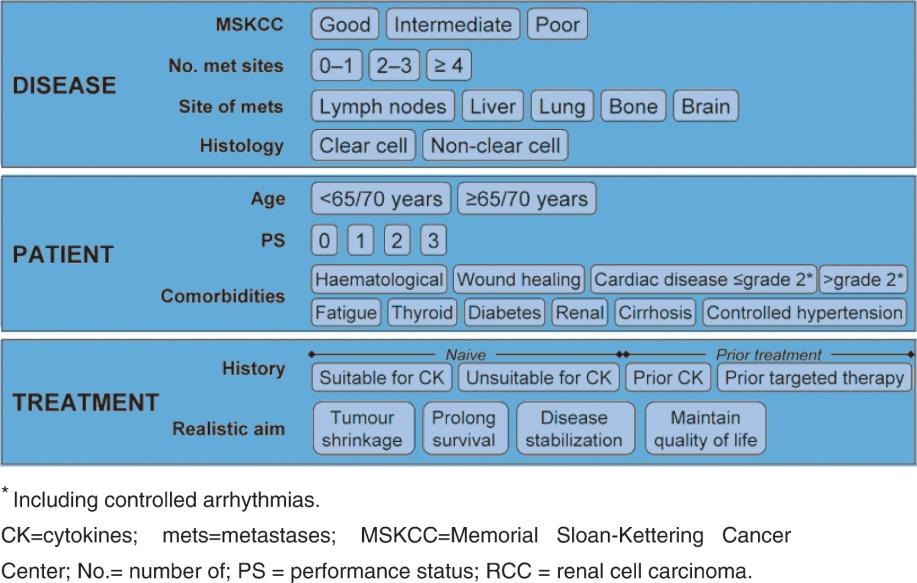
2 minute read
Targeted Therapies in Senior Adults
Hepatic metabolism: decreased Not well known, may affect serum concentrations of chemotherapeutics eliminated by hepatic metabolism (e.g., taxanes, cyclophosphamide, anthracyclines)
Renal excretion: decreased
Advertisement
Source: Courtesy of Elsevier. Dosing should be adapted to present recommendations to avoid excessive serum concentrations and toxicity from renally excreted chemotherapeutics (e.g., carboplatin, topotecan, methotrexate)
Targeted therapies do not induce classical side effects of chemotherapy in general (e.g., hair loss, deep neutropenia, nausea, and vomiting) and are certainly promising for elderly individuals, but care is warranted since specific side effects might also occur.
• In HER-2/neu-positive breast cancer, trastuzumab was the first modern “targeted therapy” established with a favourable safety profile. However, age was a documented risk factor for congestive heart failure in patients receiving trastuzumab although this probably depends more on pre-existing comorbidities than on age by itself. • Angiogenesis inhibitors can cause thrombosis and hypertension, and age is an important risk factor. • For instance, a pooled analysis of bevacizumab-treated patients with all types of cancer from five randomised trials demonstrated that patients >age 65 are at increased risk of arterial thromboembolic events, particularly when bevacizumab was given in combination with chemotherapy. • With small-molecule tyrosine kinase inhibitors of angiogenesis, a higher incidence of cardiac failure has been demonstrated and is of great concern for the senior population that often has cardiac comorbidity.
A major problem is that most clinical trials only include “healthy” senior patients, so results and toxicity data cannot be extrapolated to the general senior population. It is crucial that upcoming targeted therapies are also studied in senior patients to establish the safety and efficacy in that particular population.
Besides efficacy and toxicity, also the costs and cost-effectiveness of new (mostly expensive) drugs is becoming more and more of an issue. It should be acknowledged that benefits of new drugs might not be the same in old and young people. Competing risks of death in senior adults (i.e. dying from another cause without relation to the cancer) can decrease the cost-effectiveness of expensive therapies. On the other hand, older
people should not be systematically denied new therapies, and the avoidance of both undertreatment and overtreatment remains the major challenge for oncologists treating older cancer patients.
Age-Related Effects on Pharmacokinetics of Frequently Used Chemotherapeutics and Consequences Topo-isomerase inhibitors
• Etoposide (topo II) o High variability in oral absorption. o Increased AUC and toxicity in elderly. o Dose adaptation according to albumin, bilirubin, and renal function should be considered. • Irinotecan (topo I) o Increased AUC and diarrhoea in elderly. o A lower dose (e.g., 300 mg/m2 q3w instead of 350 mg/m2 q3w) could be considered for age >70. • Topotecan (topo I) o Adapt to renal function. o Consider weekly regimens (less myelosuppression). o Antimetabolites • Methotrexate o AUC possibly increased. o Adapt to renal function. • Fluorouracil o PK and toxicity not majorly influenced. • Capecitabine o Lower dose such as 1000 mg/m2 bid instead of 1250 mg/m2 seems equally effective with less side effects. o Adapt to renal function. • Gemcitabine o Unpredictable PK. o Generally good tolerance in elderly.
Antitumour antibiotics • Doxorubicin o Increased peak plasma concentrations. o Increased myelosuppression and cardiotoxicity. o At full dose (e.g., CHOP, AC) relatively toxic. o Possible solutions. Dose reduction if being given in palliative setting Alternative administration regimens: e.g., weekly





